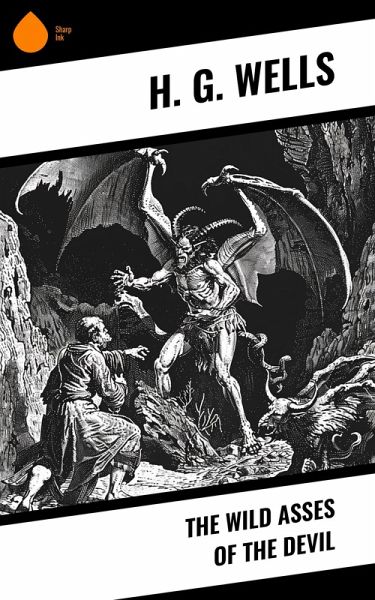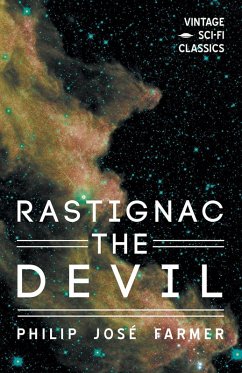
The Wild Asses of the Devil (eBook, ePUB)

PAYBACK Punkte
1 °P sammeln!
In "The Wild Asses of the Devil," H. G. Wells crafts a rich tapestry of narrative that delves into the complexities of human nature and societal evolution. Through a blend of science fiction and vivid realism, Wells constructs a provocative dialogue on the dualities of civilization-the progressive versus the primitive. The story unfolds against a backdrop of shifting landscapes, embodying the tensions between innovation and regression. This novella exemplifies Wells' characteristic style, marked by incisive social commentary and a keen awareness of historical context, reflective of the early 2...
In "The Wild Asses of the Devil," H. G. Wells crafts a rich tapestry of narrative that delves into the complexities of human nature and societal evolution. Through a blend of science fiction and vivid realism, Wells constructs a provocative dialogue on the dualities of civilization-the progressive versus the primitive. The story unfolds against a backdrop of shifting landscapes, embodying the tensions between innovation and regression. This novella exemplifies Wells' characteristic style, marked by incisive social commentary and a keen awareness of historical context, reflective of the early 20th century's anxieties regarding technology and morality. H. G. Wells, often hailed as the father of science fiction, was profoundly influenced by his surroundings, including the rapid industrialization and the socio-political upheaval of his time. His background in natural sciences and journalism, combined with a deep concern for social issues, informed his narrative in "The Wild Asses of the Devil." The book stands as a testament to his belief in the potential of humanity to transcend its baser instincts, an idea that resonates throughout his oeuvre. Readers seeking an engaging blend of philosophical inquiry and imaginative storytelling will find "The Wild Asses of the Devil" an essential read. Wells challenges his audience to confront uncomfortable truths about the human condition while offering a compelling narrative that is both timeless and urgent.
Dieser Download kann aus rechtlichen Gründen nur mit Rechnungsadresse in A, B, BG, CY, CZ, D, DK, EW, FIN, F, GR, HR, H, IRL, I, LT, L, LR, M, NL, PL, P, R, S, SLO, SK ausgeliefert werden.












